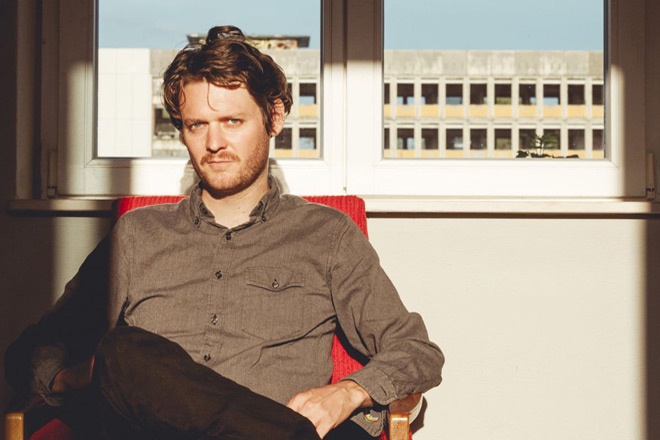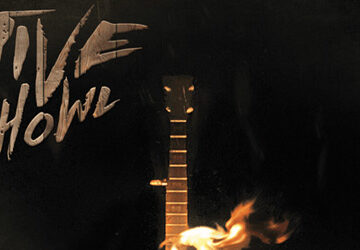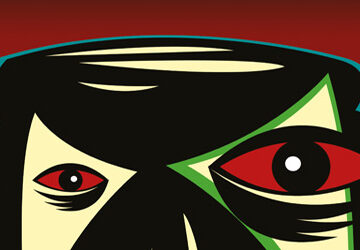
Speaking of Beirut, the music of this 2006-forming, New Mexico–originating American band proves to be a standout among its peers for employing a myriad of styles that include “Jazz, Mariachi music, Fellini arias, Sicilian funeral brass, and Balkan music.” To date, Beirut has four studio albums under its belt—from 2006’s Gulag Orkestar to 2015’s No, No, No.
Now, the American band, which consists of Bandleader Zach Condon (trumpet/flugelhorn/ukulele) and the collective of Nick Petree (drums/percussion/melodica), Paul Collins (electric bass/upright bass), Kyle Resnick (trumpet), Ben Lanz (trombone/sousaphone/glockenspiel), and Aaron Arntz (piano/keyboards), is unleashing a new album.
Slated to be released on February 1, 2019, through 4AD Records, Beirut’s fifth, titled Gallipoli, opens with a grand sound and a bold statement—“When I Die,” which gallops slowly and unsettlingly with its syncopated rhythm and trumpet-adorned, dirge-like flourishes. The lovely horn section is further highlighted in the ensuing carnivalesque grace of the title track. Beirut then turns acoustic and rustic with the ukulele-led “Varieties of Exile,” which subtly builds up into an uplifting harmony of organ and strings, pulsating Tribal beats, and Pastoral choral voices. Afterwards, the atmosphere becomes solemn, ambient, and more laidback with the short instrumental “On Mainau Island,” paying tribute to the German island nestling in Lake Constance that is known for its lush gardens and being a “model of excellent environmental practices.”
Beirut pursues Gallipoli’s colorful and romantic soundscape with the relaxing waves and gales of the piano-based “I Giardini.” Another outlandish aural excursion follows next with “Gauze für Zah,” whose 6/4 time signature and staccato rhythm serve as a flawless foundation for this spirit-elating, Neoclassical/New Age–classifiable song; think of Enya (“Only Time”), Sarah Brightman (“Harem”), and Iona (“Songs of Ascent”). The sparse-sounding “Corfu” is a sure surprise a choice for a single, for it is an instrumental.
The onomatopoeic “Landslide” is refreshing and satisfying with its Waltz rhythm and angelic vocal harmonies. The Farfisa organ–drenched and horn-orchestrated “Family Curse” follows in a similar style and mood. Beirut then plunges even more deeply into World music with the funereal cadence of “Light in the Atoll.” The penultimate track, which may be regarded also as Gallipoli’s highlight, “We Never Lived Here” is a sudden change of style—spacey, playful, and tuneful with its entrancing instrumentation comprised by steady bass thumps, undulating synthesizer melodies, complementary horn, string arrangement, and synthdrum percussive embellishments.
Finally, Beirut concludes its stylistically superb, latest offering with the aptly anthemic instrumental “Fin.” Now, the listener is ready to retire in the restfulness of his recreation ground. Or, rewind the record and repeat the multicultural sonic experience.
The group’s visionary, Cordon, with the rest of Beirut remains to be an important artist in the contemporary phase of Alternative/Indie music. The diverse musical influences that he is able to incorporate in the music of his own band further pushes and expands the boundaries of the genre/s within which he operates. Gallipoli—recorded in various cities that include New York City; Apulia, Italy; and Berlin, Germany, where Condon currently lives—shows clearly, yet again, the extent of his musical history and creativity. Cryptic Rock gives Gallipoli 4 out of 5 stars.






No comment